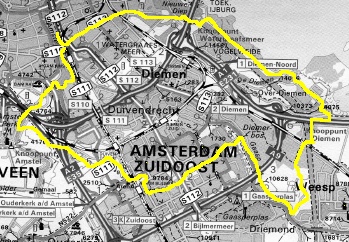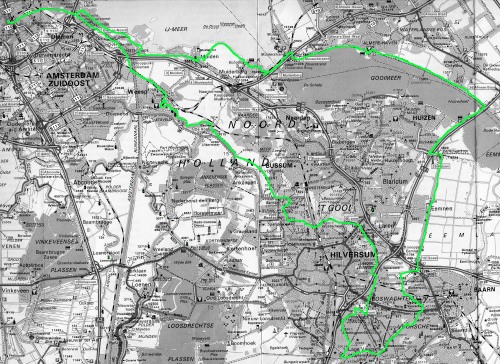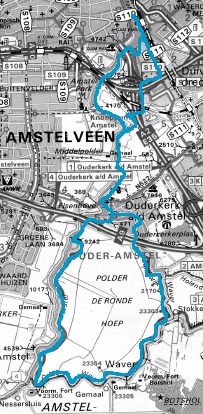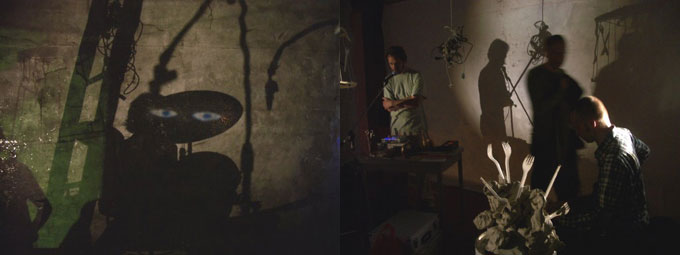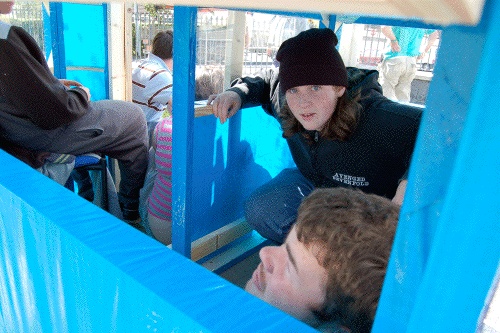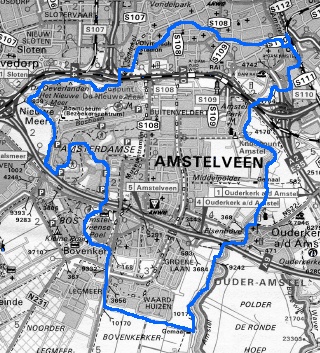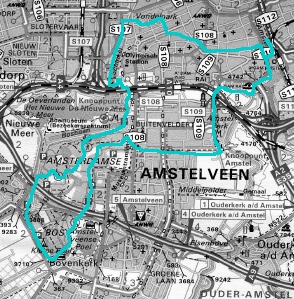In the early eighties I was a ‘fan’ of the young English speaking pro-cyclists. With ‘fan’ I mean to say that I searched for their names in the results of Paris-Nice, the Criterium International and the Dauphine Libere. I’ve never seen them on the television, at least I do not remember seeing them. Their names: Paul Sherwen, Graham Jones, Robert Millar and Stephen Roche – a bit later also John Herety and Sean Yates and I could add Jonathan Boyer, but he’s American. (The poetry of names… I even remember the name of Alain de Roos, a South-African riding for Peugeot in, I think 1981).
I recently read [Brian, oops, no] Richard Moore’s biography of Robert Millar, entitled In Search of Robert Millar (as Millar disappeared, not liking publicity at all, cherishing his privacy), and while reading I realized that Millar is as much a cyclist of the late eighties and early nineties as he is of the early eighties. Yet for me he’s always associated with the years between 1981 and 1985, for me he stayed a Peugeot-rider. I’ve never been able to see him as a Panasonic-rider, a collegue of Eric Breukink, much less as a rider for TVM.
Reading his biography – a good one, by the way (the only blemish: that Moore calls Lucien van Impe a Dutchman…) – the same happened. My interest slackened once Millar’s career gets going after the Peugeot-era. He then quickly discovers he is not a leader, his career becomes a string of good performances in the Pyrenees in the Tour de France, followed by either a nice ‘classement’ or abandoning due to sickness. Of course, he stayed the same Robert Millar, a real climber, but well, maybe it just was the ugly TVM-shirt… (But the story about losing the Vuelta is a classic one).
Millar – and Moore really brings this out in a good way, without ever falling prey to easy gossip – is a true ‘character’. He chooses his own route, radically, always, without ever reckoning on the help (or anything) of others. He was very private. It is this aspect the makes the biography ‘gripping’. The book is not so much a record of Millar’s career, as it is the sketch of a character, a certain way to approach life – one that not many take.
Can you learn from it? Do you recognize yourself? Is it an example of how (not) to live one’s life? Does it show how one can live one’s life? Does it tell you what privacy is?
Why do you read biographies?
(And yeah, allright, I have to say something about it: after reading this biography the question of Robert Millar is now a woman – a question that again popped up in the last issue of the German magazine Tour, has become utterly uninteresting. I don’t care. Nobody should care about that).
